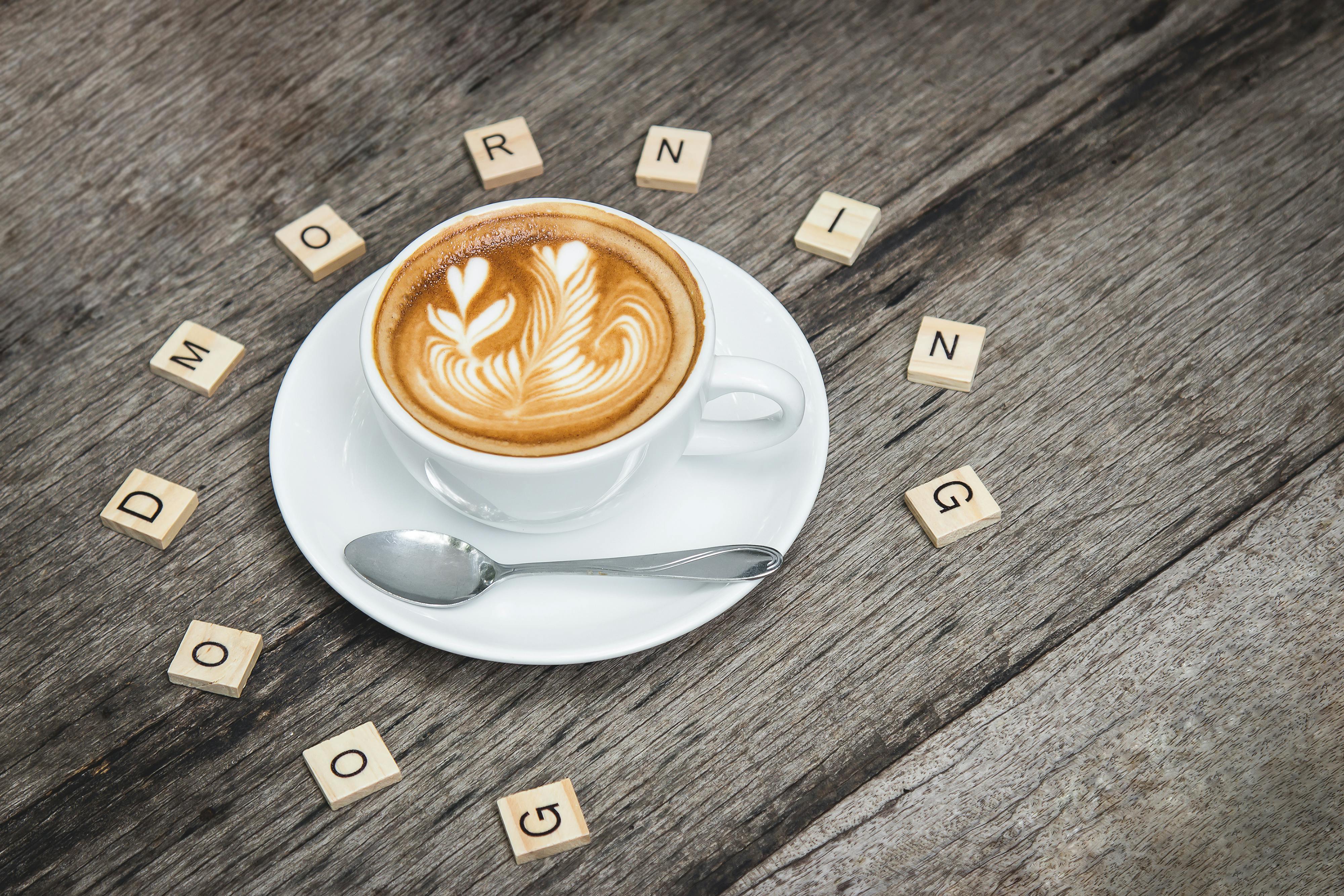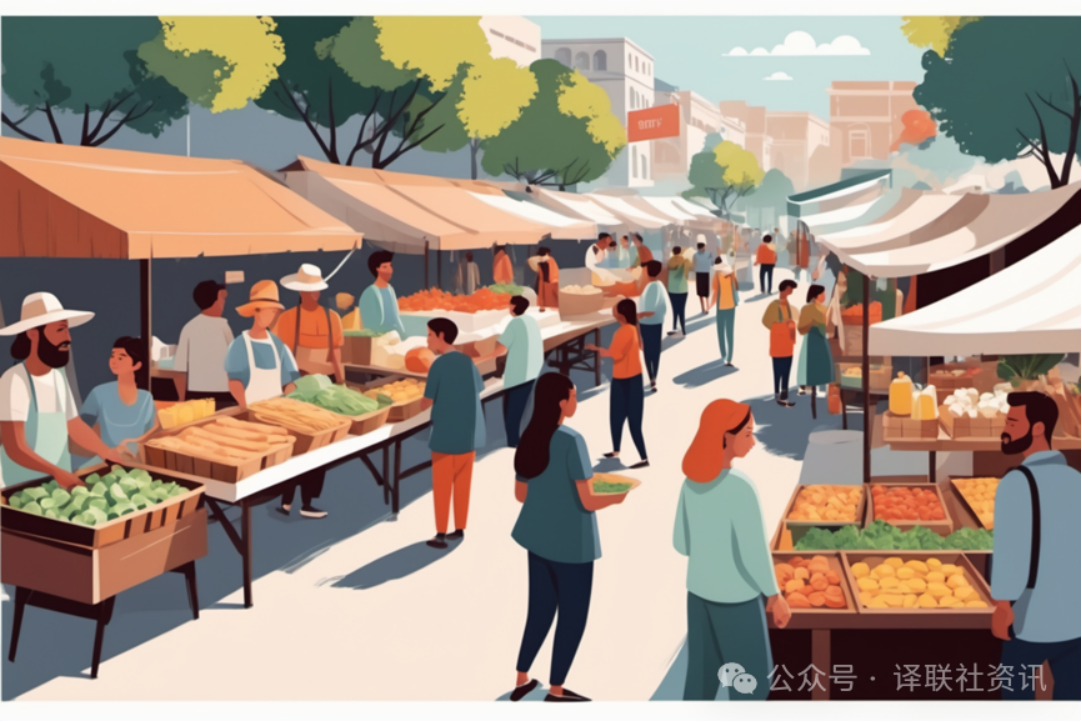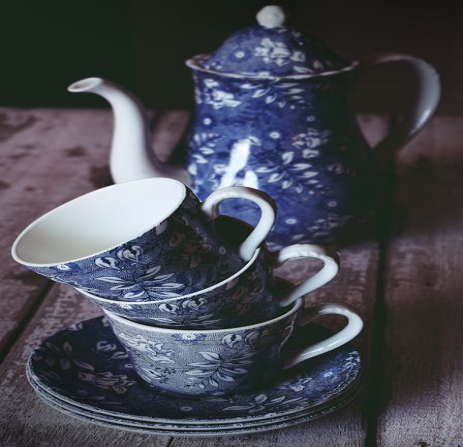Tea and coffee are undoubtedly two shining stars on the world's beverage scene. They each carry rich cultural significance and have a wide range of enthusiasts. However, in this ancient and vibrant land of China, tea, a drink originating from the East, has become an indispensable part of people's daily lives with its unique charm, while the popularity of coffee seems to be much lower in comparison. Behind this, there are both deep historical and cultural reasons, as well as a unique understanding of healthy living.

Accumulation of history and tradition
China is the hometown of tea.Tea culture has a long history of thousands of years. From Shen Nong's discovery of tea by tasting all kinds of herbs, to Lu Yu's writing of ‘The Book of Tea’ in the Tang Dynasty, to the prevalence of the art of tea ordering in the Song Dynasty, tea has occupied a pivotal position in Chinese culture. Tea is not just a drink, it is a spiritual support, a philosophy of life. Through tea tasting, Chinese people perceive nature, cultivate themselves, and pursue inner peace and tranquility. This deep cultural heritage has made tea an indispensable part of Chinese people's daily life, passed down from generation to generation and everlasting.
Healthy Concepts
There are also significant differences between tea and coffee in terms of health concepts. Tea, especially green tea and black tea, is rich in polyphenols, catechins and other antioxidants, which have multiple health benefits such as refreshing the mind, promoting digestion and reducing the risk of cardiovascular disease. Coffee, on the other hand, although it also contains caffeine and can refresh the mind, excessive consumption may lead to adverse reactions such as rapid heartbeat, insomnia and anxiety. In traditional Chinese medicine, tea is regarded as a gentle drink that harmonises the body and balances yin and yang, which coincides with the Chinese concept of harmony and balance in health.
Embodiment of Lifestyle
The lifestyle of the Chinese people also determines that tea is more popular than coffee. Chinese people prefer slow life. They are willing to make a pot of tea in their spare time, chatting with family and friends, and enjoying the tranquillity and comfort. Coffee, on the other hand, is often associated with fast-paced, high-efficiency modern life, and is more suitable for a quick pick-me-up in between busy work. This difference in lifestyles has led to the special status of tea in the minds of the Chinese.
Social and Emotional Bonds
Tea is also an important social medium in China. Whether it is a family gathering or a business negotiation, a good pot of tea can always bring people closer together and create a warm and harmonious atmosphere. Through tea, people can exchange ideas, enhance the relationship, tea has become a link between the emotional exchange between people. In contrast, although coffee can also appear in social occasions, it is often regarded as a quick consumption of beverages, lacking the cultural and emotional depth carried by tea.

Conclusion
To sum up, Chinese people prefer tea to coffee not only because of their respect and inheritance of history and tradition, but also because of their pursuit and understanding of healthy living, and as a reflection of their lifestyle and social emotions. Tea, a drink originated from the East, has become an indispensable part of Chinese people's life with its unique charm, and has also demonstrated to the world the profoundness and unique flavour of Chinese culture. In this fast-paced era, let's slow down, brew a pot of tea and savour the mellow aroma and tranquillity from the East.
Disclaimer: Some of the content in the article comes from AI and is for readers' reference only.




